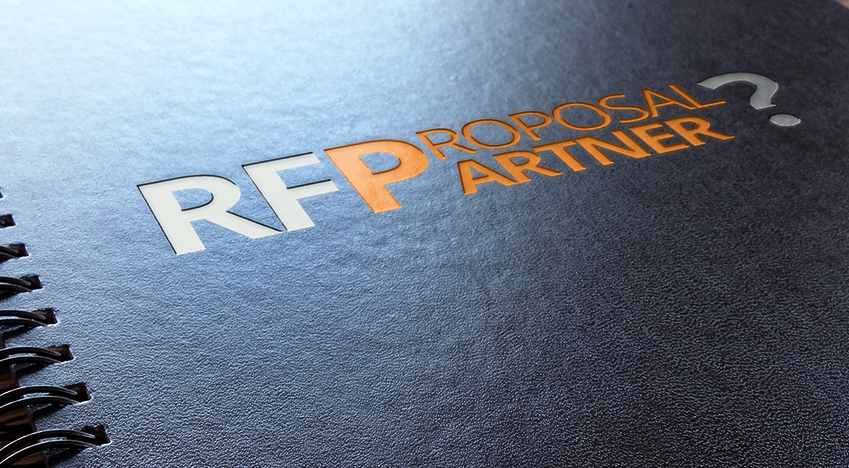Request for Proposal, or Request for Partner?
As a digital agency, we’ve responded to our fair share of RFPs over the years. Some are well thought out and others… not so much. Previously, we’ve shared our reflections on the RFP process, offering some specific suggestions for how to make it more valuable for everyone.
But another way companies can make the RFP process better is to ask themselves: are we looking for a vendor to complete a one-time job, or are we looking for a partner to provide solutions now and guidance into the future? Although there is no right-for-everyone answer, we’ve observed over the years that a partnership often creates a better experience for all parties involved.
The reason is that if you RFP every project, you may run some risks. For example, you may have communicated a project requirement to the vendor executing X project, but did you remember to tell them that another vendor is completing another project using Y, and the two vendors must work together?
Or maybe your IT department suddenly decided to delay upgrading the technology that powers your customer portal, not realizing that the app another vendor is launching for you 6 weeks from now won’t work without the update. This misalignment could result in higher development costs (not to mention headaches) in the end to remedy the problem.
When you have a digital partner rather than a collection of vendors, you can mitigate these risks. Since your partner has been working with you all along, they have a better understanding of your industry, business requirements, marketing objectives, budget and even how your internal team operates. A partner will take into account multiple projects happening simultaneously and be able to develop an appropriate solution that ensures everything will work together in harmony. A partner who knows both your IT and marketing departments, for instance, understands both departments’ needs from the start and can recommend and implement the best platforms, experiences and processes to carry you into the future.
The point is that, while sometimes it may seem more complex to hire a partner than a vendor, because a partner knows and understands your business this relationship may ultimately save you money and make you look good to your boss.
The next time you send out an RFP, consider whether you are actually looking for a proposal or a partner. The choice is yours, but we’ve learned from experience that a trusted partner provides a lot of benefits.





